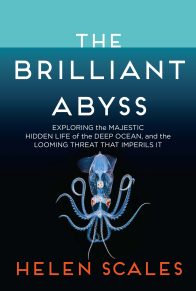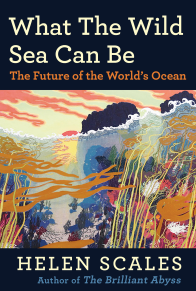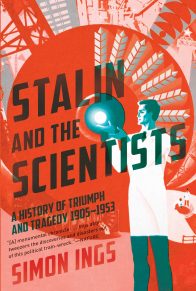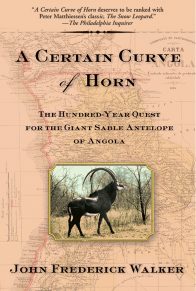“Browne takes a straightforward approach to the life and times of this famous tome. . . . This excellent introduction is highly recommended for all readers who want to better understand the heated debates that this book still causes today.” —Publishers Weekly (starred review)
“Browne shows great respect for the purity of Darwin’s intellectual, moral and spiritual endeavors. She believes in, and conveys, the lasting power of his legacy—to science and to human culture.” —Susan Salter Reynolds, Los Angeles Times
“The grown-up version of those biographies of history’s innovators and discoverers that many of us pored over as young readers. Here, those stories are enhanced by candor and fullness of detail, a broadened knowledge of the world and the consequences those discoveries and innovations have had. . . . The history of the book is a map of the world we live in today.” —David Walton, Tribune-Review
“Browne’s book is clear and artful. It reads like a compelling mystery; indeed it draws us into the compelling mystery of speculation that captivated Darwin.” —James N. Gardner, The Oregonian
“A gem.” —Times (UK)
“[A] spending series.” —Bill Ward, Minneapolis Star Tribune
“Janet Browne’s essay on Darwin and his The Origin of Species is a gem. It follows what one takes to be the brief for the whole series—to explain with absolute clarity and readability the sources, nature, reception, and legacy of the book. Even though we are familiar in our own day with people who defy all evidence to reject evolutionary theory, it takes imagination to grasp how it felt, to people in an age of complacent religious certainty, to be challenged in the tenderest area of their hitherto untroubled beliefs. Browne writes especially well about the controversy that followed publication of Darwin’s book in 1859, and on developments in biological science since.” —The Times (London)
“A pellucid freshness that makes reading the book a continuous pleasure.” —John Gray, New Statesmen (UK)
“Engaging.” —Good Book Guide (UK)
“Atlantic Books has achieved a publishing coup with its Books that Shook The World series, having had the brilliant idea of a series of short biographies of great books, then securing the best people to write them and ensuring that the remit to produce compendious, clear and engaged accounts has been followed to the letter. . . . This series is a big success; these excellent volumes make one look forward to the arrival of the next tranche with great relish.” —Times (UK)
Praise for Janet Browne’s two-volume biography of Charles Darwin:
“This book deserves the adjectives of praise traditionally used by reviewers to describe masterpieces. . . . It is wonderful and marvelous, even magisterial.” —Stephen Jay Gould, The New York Review of Books
“As Stephen Jay Gould once opined, too many Darwins dwelled within this enormously complex man to allow any one biography to be definitive. But if the most any author can do is to find his or her own Darwin, Browne’s finely detailed portrait ranks among the best ever attempted. . . . This marvelous book is indispensable for anyone seeking to understand the
man (and the crucial role played by his family and friends) as he revolutionized Western thought about human nature and origins.” —Richard Milner, Scientific American
“A wonderful and well-rounded portrait.” —Jonathan Weiner, The Washington Post
“When Browne published her first volume on the life of Darwin . . . she secured her reputation as the last word on the Victorian naturalist. . . . Browne’s subject is monumental, but her writing style is never overburdened by the weight. Rather, her prose is elegant in its clarity of thought, her craftsmanship impeccable in the way it weaves a coherent whole from the innumerable threads of thought, experience and persona that comprised this colossal life.” —Publishers Weekly













